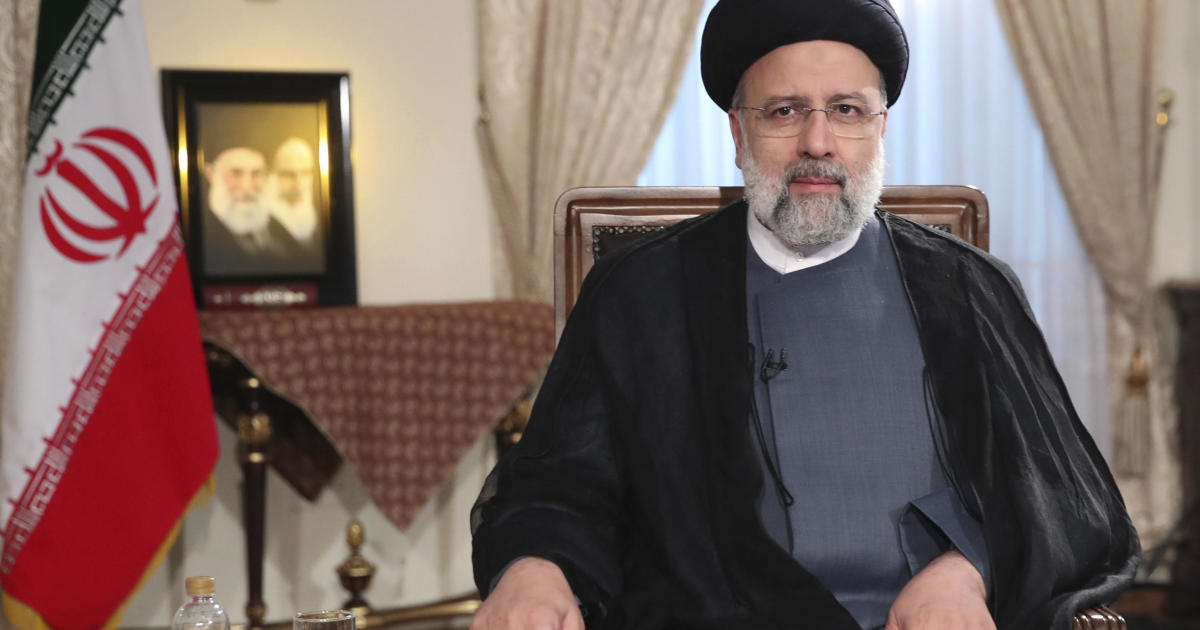Iran’s President Ebrahim Raisi vowed Wednesday that the Islamic republic‘s mandatory dress code, including laws requiring women to wear the hijab, or headscarf, would be enforced as a growing number of Iranian women shun the head coverings. Raisi’s warning came almost a year after the death of 22-year-old Mahsa Amini in police custody, after she was detained for breaking the hijab rules, sparked the biggest protests against Iran’s ruling clerics in decades.
“I am telling you that the removal of the hijab will definitely come to an end, do not worry,” Raisi said Wednesday at a commemoration ceremony for Iranian fighters killed in Iraq and Syria.
Markus Schreiber / AP
The crowd cheered Raisi as he made the remarks about enforcing the hijab requirement.
The Iranian president said some of the women who have declined to cover their heads in public recently were “ignorant” and “needed to be woken up” — helped to understand that they are not serving the national interests of their country. But a “small number” of women, he claimed, had been “trained by foreigners” in an “organized” bid to undermine Iran’s government.
Iranian authorities have taken a firmer line against women flouting the hijab laws in recent months, after an increasing number of women started appearing unveiled in public.
Fatemeh Bahrami/Anadolu Agency/Getty
In April, Iran’s deputy attorney general Ali Jamadi told state media that anyone who encouraged women to remove the hijab would be prosecuted in criminal courts and would have no right of appeal against any conviction, according to Reuters news agency.
Authorities have also increased surveillance, installing more cameras on streets in a bid to identify unveiled women.
In July, Iran’s morality police, the notorious enforcers of the Islamic republic’s strict religious laws, returned to the streets with a new campaign to force women to wear the headdress, the Associated Press reported.
The morality police had previously pulled back from public view after Iran faced its worst political turmoil in years following Amini’s death last September while she was in the force’s custody.
WANA NEWS AGENCY via REUTERS
Amin’s death led to months of huge demonstrations across the country, with thousands taking to the streets for marches often led by women and young people.
The protests largely subsided earlier this year after a heavy-handed crackdown saw more than 500 protesters killed and nearly 20,000 detained.




